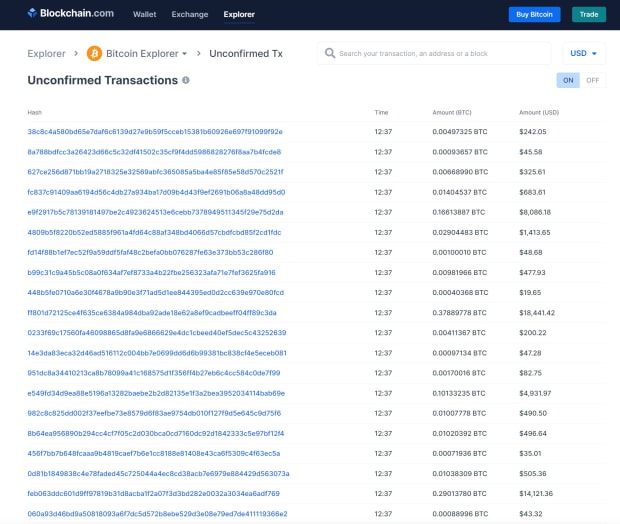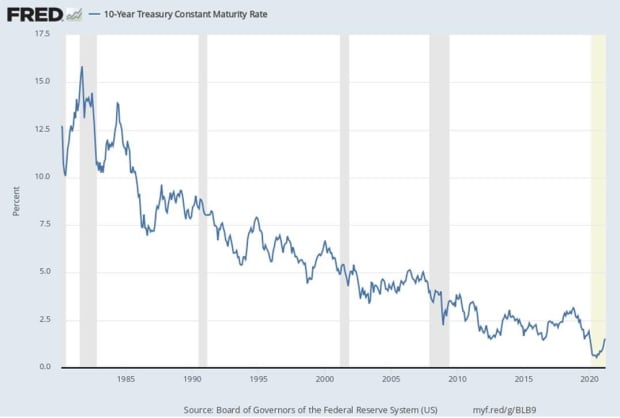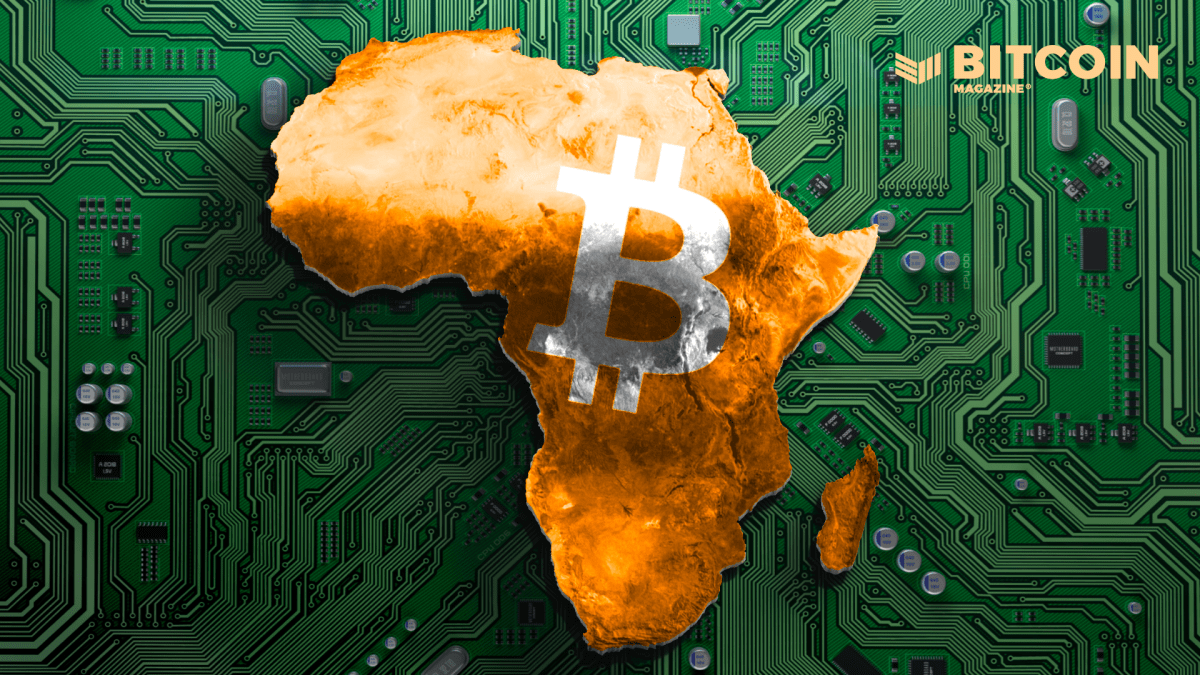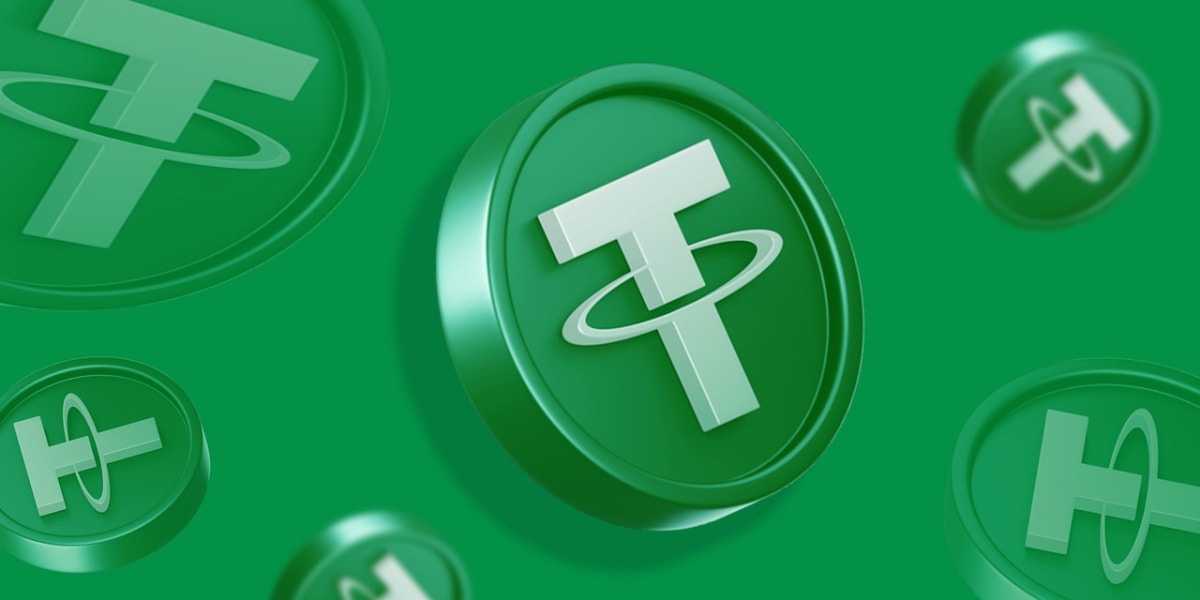Op Ed: Will Regulations Put a Premium on Virgin Bitcoin?
The G20 Summit held in June 2019 gave birth to a litany of questions and concerns. Chief among these is the issuance of new Financial Action Task Force (FATF) regulations, and what they mean for the future of cryptocurrency. While the regulations are not binding, each member country must determine how to become fully compliant.
The most significant recommendation mandates that virtual asset service providers (VASPs) share information about their customers for each digital transfer. This mandate includes sharing the names of senders, recipients, account numbers and transaction history. These regulations threaten the long-term viability of a number of altcoins. However, the mining and purchase of virgin bitcoin will hold strong so long as supplies last, regardless of the regulations in place.
Compliant Bitcoin Purchase
The new FATF recommendations have sparked something of a frenzy across the cryptocurrency space. Although compliance is not demanded, failure to comply could potentially lead to FATF blacklisting, imposed sanctions and heightened levels of international scrutiny that could disable that particular country’s cryptocurrency market.
The FATF’s regulatory challenges lead to two overarching questions: How will this change the future purchase of bitcoin and other cryptocurrencies? And, moreover, is compliance actually possible?
While it remains to be seen how these regulations will affect the long-term value of digital currencies, a premium has already been placed on coins with provable, traceable lineage. In other words, buyers will be more inclined to buy “clean” or unused bitcoin, i.e., bitcoin that has a pure transaction history or rather, no transaction history. The reason behind this new “virgin bitcoin” premium is due to buyers being increasingly wary of owning cryptocurrency that has been used on the black market, or for illicit or nefarious purposes. The fact is, the average person has little knowledge of their bitcoin’s history — that is, who owned or traded their coins in the past.
Bitcoin remains of interest to institutional investors, but their threshold for risk is much lower. With uncertainty as to how the crypto world will conform to the FATF standards, many traditional investors feel it best to err on the side of caution.
FATF guidelines require companies to report information that most cryptocurrencies were not designed to reveal, making the cost of remaining compliant near prohibitive for some companies.
As to whether compliance is even possible for companies, many believe the answer to be a resounding no. Former U.S. Attorney Mary Beth Buchanan argued that “this is a case of trying to apply 20th-century rules to 21st-century technology. There’s not a technological solution that would allow us to fully comply.”
Investment advisor, Jeff Horowitz added that “applying bank regulations to this industry could drive more people to conduct person-to-person transactions, which would result in less transparency for law enforcement. The FATF really needs to consider the many unintended consequences of applying this specific rule.”
The argument here is that not only will these disjointed regulations suffocate cryptocurrency investors and companies, but that the regulations may unintentionally lead to less transparency in the long run. Additionally, full FATF compliance may not even be possible. And even if it were possible, would these regulations undermine the very purpose of utilizing cryptocurrencies in the first place?
Virgin Coins
FATF guidelines have paved the way for virgin coins. These freshly mined, farm-to-table coins have gained mass appeal, specifically because they have no recorded transactional history. Investors far and wide are scavenging for virgin bitcoin.
While demand for the virgin coins continues to increase globally, mining operations in China are continuing to thrive. The newly assigned confidence in virgin coins has put the untainted coins at a premium.
The fear of tainted cryptocurrency planted the seed for the virgin coins. Without any transactional history, there is essentially no risk of the coins being seized or frozen due to their involvement in questionable past dealings.
However, just because virgin bitcoins are gaining traction, the same cannot necessarily be said for all other coins.
Altcoins Are Not the Answer
Investopedia defines “shitcoin” as “a pejorative term used to describe an altcoin that has become worthless. Shitcoin value may disappear because interest failed to materialize.”
Despite the rumblings from investors, the numbers speak for themselves. Bitcoin continues to weather the storm. The 120 percent spike in valuation since January is nice, but bitcoin’s dominance is staggering, at over 60 percent dominance, with many projecting a push to 70 percent in the not too distant future. Cryptocurrency analysts speculate that, should bitcoin reach a threshold of 63.5 percent dominance, smaller altcoins would struggle to survive.
The FATF regulations are certainly not doing altcoins any favors. Many younger players in the industry don’t have the capabilities or the resources to both comply and survive.
At a fundamental level, cryptocurrency is dependent on autonomy. Such regulations are drowning out smaller cryptocurrencies and are contrary to the very foundation of such currencies.
Family Money Buying Bitcoin
Bitcoin has, in a sense, become the new trust fund. Buyers have entered the market for virgin bitcoin, in large part, due to their novelty. With such coins, there persists a notion of rarity and exclusivity, prompting buyers to pay as much as a 20 percent markup on coins with no transaction history. Adding additional value is the fact that the virgin coins are believed to comply with the recent FATF recommendations.
Virgin bitcoin might not benefit family funds or individuals making the purchase. Still, there is clearly more confidence in virgin coins, and they continue to fetch high premiums.
Ironically, the more bitcoin is mined the more scarce it becomes. Today, 85 percent of all bitcoin has been mined, leading many to believe that bitcoin’s value still has miles to go. While bitcoin remains something of an enigma, and only 5 percent of Americans have invested in the cryptocurrency, it may be wise to take note of the fact that the super wealthy have been quietly buying it in bulk.
This is a guest post by Flex Yang, CEO of Babel Finance. Opinions expressed are entirely his own and do not necessarily reflect those of BTC Inc or Bitcoin Magazine.
The post Op Ed: Will Regulations Put a Premium on Virgin Bitcoin? appeared first on Bitcoin Magazine.









